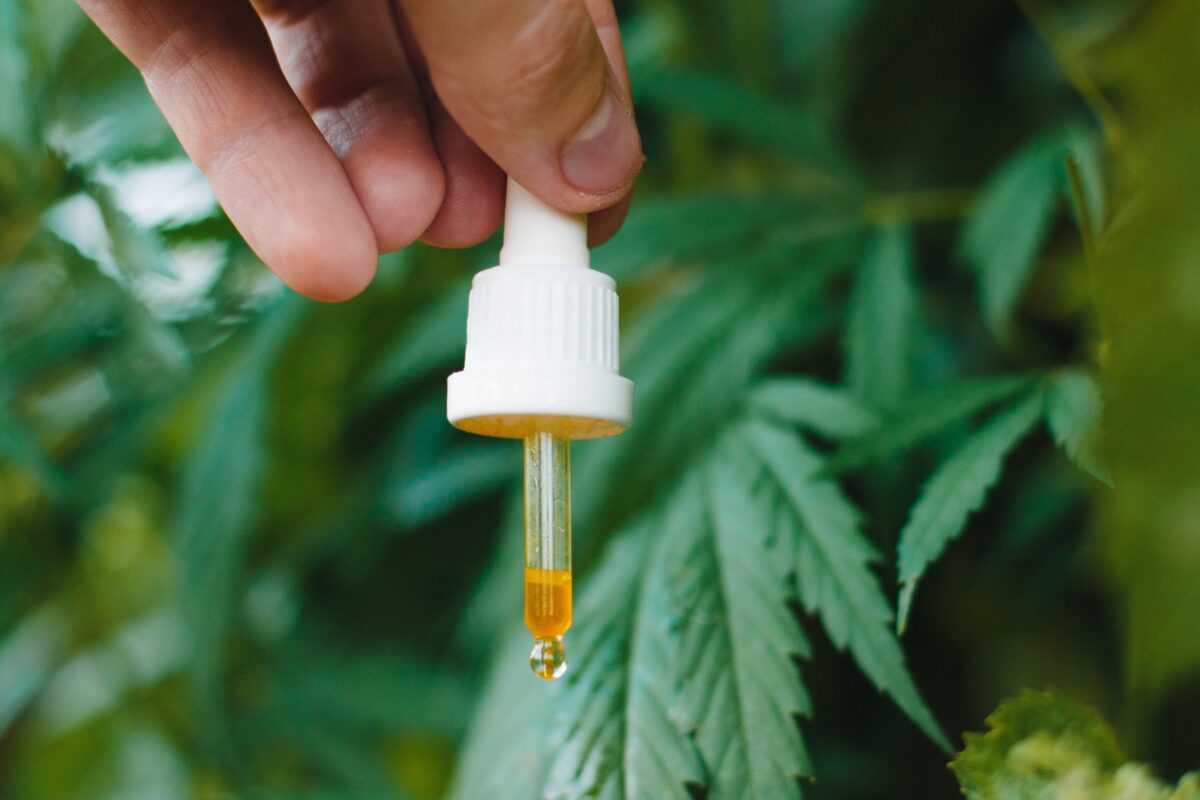Uncategorized
10 Things Most People Do Not Know About CBD
- CBD doesn’t get you high: Unlike its counterpart THC (tetrahydrocannabinol), CBD is non-psychoactive, meaning it won’t produce the “high” feeling commonly associated with cannabis use.
- CBD can come from hemp or marijuana: CBD can be extracted from both hemp and marijuana plants. Hemp-derived CBD contains less than 0.3% THC, making it legal in many places, while marijuana-derived CBD may have higher THC levels and is subject to stricter regulations.
- CBD has a wide range of potential therapeutic effects: While research is ongoing, CBD is being investigated for its potential to alleviate symptoms related to anxiety, depression, epilepsy, chronic pain, inflammation, and more.
- CBD works with the endocannabinoid system (ECS): The human body has an endocannabinoid system, which plays a role in maintaining various physiological processes. CBD interacts with this system to produce its effects.
- CBD can be consumed in various ways: CBD products come in various forms, including oils, tinctures, capsules, edibles, topicals (creams and lotions), and even vaping products.
- CBD may interact with certain medications: CBD can interfere with the metabolism of certain medications by inhibiting the activity of liver enzymes responsible for drug metabolism. If you are taking other medications, it’s essential to consult with a healthcare professional before using CBD.
- Full-spectrum vs. broad-spectrum vs. isolate: Full-spectrum CBD contains all the compounds naturally found in the cannabis plant, including trace amounts of THC. Broad-spectrum CBD is similar but with THC removed, while CBD isolate is pure CBD without any other compounds.
- CBD research is still in its early stages: Although CBD shows promise, much of the evidence supporting its benefits is based on animal studies and small-scale human trials. More robust clinical research is needed to fully understand its potential.
- CBD legality varies by region: CBD’s legal status varies worldwide and even within different states or countries. While many places have legalized hemp-derived CBD, marijuana-derived CBD may be subject to stricter regulations.
- CBD quality can vary significantly: The CBD market is largely unregulated, leading to varying product quality and inconsistencies in potency. To ensure safety and effectiveness, it’s crucial to purchase CBD products from reputable and transparent companies.
Remember that while CBD shows promise for various health conditions, it is not a substitute for professional medical advice. If you’re considering using CBD for any specific health concerns, consult with a healthcare provider to discuss potential risks and benefits for your individual situation.
****The efficacy of these products has not been confirmed by FDA-approved research. These products are not intended to diagnose, treat, cure or prevent any disease. These products should not be used if you are pregnant or nursing.

